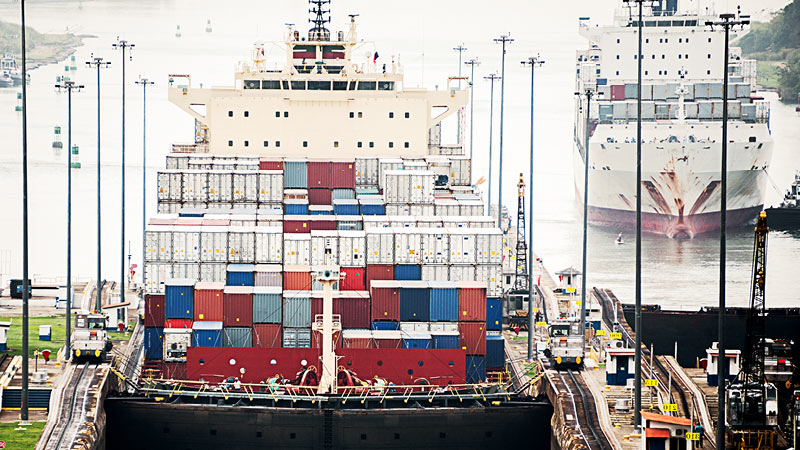
The Rise of Activated Societies
RiskMap 2026 explores the rise of activated societies mobilised by grievance, inequality, and distrust.
In 2026, companies will face a world with new rules – and sometimes no rules. Governments are rejecting the old rules of geopolitics and business in favour of more transactional, situational arrangements. And they are not the only ones: private and non-state actors, terrorist groups, organised criminals, and activated societies have their own ideas about how governments should behave and business should operate.
Whether unspoken or inscribed in hard-won treaties, rules define acceptable international behaviour. Business is less risky with established behaviours in trade, transport, finance, and technology. Rules make the global economy possible.
That world has gone. Through protectionism and industrial policy, countries are trading the invisible hand of the market for the long arm of the government. Through territorial disputes and pre-emptive strikes, they are imposing sovereignty with the tools of national security. Through secure supply chains and data protection laws, they are replacing interoperability with control. Through handshake deals and backroom bargains, they are replacing diplomatic processes with personal relationships.
Organisations have to learn fast how to operate when the rules are changing – and when it seems like there are no rules at all.
When established rules break down, geopolitical possibilities expand. A world of new rules or no rules is an opportunity to settle old scores and test the limits. This is apparent in the rising number of cross-border conflicts, assassinations, pre-emptive strikes, cyber attacks, drone incursions, sabotages, and other acts of international aggression directly attributable to known perpetrators. In 2026, organisations will have to cope with opportunistic aggression and increased miscalculation, but also new equilibriums shaped by escalation dominance and deterrence calculations.
The same is true for global trade, where major economies are no longer playing by the same rules. The “multilateral rules-based trading system” based on national non-discrimination (also known as most favoured nation treatment) is crumbling under national security exemptions, mercantilist subsidies, and strongarm tariffs. Coercion too, especially when markets, industries, products, and technologies are highly concentrated
Global trade is holding up, but rules are shifting down to bilateral, regional, and coalitional relationships. Different rules for different partners, determined by degrees of security cooperation, ideological affinity, and strategic benefit. Strategic manipulation of critical supply chains for economic or security purposes will intensify. Simply keeping track of the new rules in 2026 will be taxing. Playing to win will require a strategic commitment to diversification and localisation, more flexible contracting, and solid geopolitical awareness.
Economic and demographic trends are feeding a growing legitimacy gap between rule-makers and rule-takers. Many countries in the Global South, for example, view the United Nations as the main referee of global rules but also as increasingly unrepresentative of geopolitical realities. In 2026, emerging and developing countries will continue to look for venues and institutions where they can set the rules.
Democratic backsliding is weakening elections and civil society as critical checks on rule-breaking. Declining trust in institutions calls the legitimacy of rules and regulations – and the system itself – into question. This creates a less predictable and potentially uneven landscape for business by encouraging corruption and cronyism. In some cases, following the rules can become a competitive disadvantage.

RiskMap 2026 explores the rise of activated societies mobilised by grievance, inequality, and distrust.

In 2026, organised crime is evolving to infiltrate industries and supply chains.

In 2026, compute will define global competitiveness.

In 2026, chaos is no longer exceptional; it’s expected.

Who are the risers and fallers? Where has risk increased or decreased? We have changed 27 countries' risk ratings this year. Download our global and regional maps now to find out.

Nick Allan, Control Risks CEO, looks ahead to the trends shaping business in 2026 and unpacks how businesses can remain resilient.

Get a deeper sense of what these trends mean for your business. Led by our experts, our bespoke interactive RiskMap briefing sessions are shaped by your budget and strategy.

Understand how geo-political and geo-economic trends impact your strategy, profitability, and operations.

Whether you are facing a complex crisis in an opaque jurisdiction or an imminent threat to life, Control Risks can help you navigate even the most difficult of circumstances.

Geopolitical Calendar: The essential guide to events that will shape the coming year.